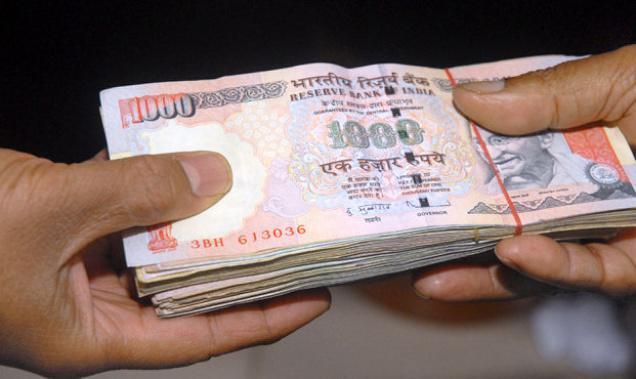Search
All About Life Insurance Policies
January 17, 2017
Life is not certain. Ever.
Consider this: There is a young couple with a little child of four. The mother has opted to be a stay-at-home mom to give the best upbringing to the child. She stopped working five years back when she got pregnant. The father, working in a private organisation, earns well and is the sole earning member. One unfortunate day, the father has an accident. He survives, but has extensive injuries. After a few months of being bedridden, he has to opt out of his job. What will the family do now?
What if the father had lost his life in the accident?
What if the child was older but the mother was home-schooling the child and there was no other source of income?
What if it is an older couple with no kids?
What is it was a young woman looking after aged parents as the sole earning member?
Life, truly is not certain.
However, insurance adds some bit of certainty to the survivors.
Understanding Life Insurance
Life Insurance is a contract between an individual (insured) and an insurance company (insurer), where insured pays premiums at specified intervals and insurer promises to pay a specified sum of money (sum assured) to the nominee(s) of the insured in the event of his/her death.
This means that if the insured person dies, their nominee/s will receive a certain agreed-upon sum of money. So even in such a case, the survivors can remain financially secure.
In some cases, Life Insurance policies also include accident coverage. So, in case the insured is in an accident, the insurance will take care of some or all the expenses and outcomes.
Where Can You Get Life Insurance?
There are companies that specialise in life insurance (and other types of insurance). The largest of these is LIC (Life Insurance Corporation). Some of the other players are Oriental Life Insurance, Birla Sunlife, Tata AIG, Kotak etc.
Many banks also offer insurance. They either tie-up with the specialised agencies of they have their own securities and insurance division through which they offer life insurance. One such example is HDFC Standard Life and HDFC Bank.
Types of Life Insurance Policies
There are some typical policies that all companies offer. Some nuances may differ from company to company, but largely the Life Insurance policies available are:
- Term Plans: Term Plans are the most basic and also the most inexpensive policies. They insure the life of the individual for a certain term. In case the insured dies during the term of the policy, the beneficiaries/nominees get the amount of money that the life was insured for.
- If the insured person survives the term of the policy, the insurance coverage lapses on the end date and there is no other monetary exchange.
- The premium paid on Term Policies are however, eligible for tax rebate.
- Endowment Plans: Endowment Plans also cover the life of a person for the term of the policy. In fact, they include everything that a Term Plan including the tax rebate. The big difference is that there is a maturity value attached to an Endowment Plan. This means that if the policy holder survives the term of the policy, they will get a certain maturity amount back.
- Money-back Plans: Money-back policies give back a certain amount of money to the policy holder during the term of the plan. So if the policy is for a period of 20 years, the policy holder may get back certain percentage of money after 5, 10, 15 and finally after 20 years.
- The premium has to be paid for the entire term and there is a small amount of interest that the policy holder receives.
- The premium on Money-back Policies is usually higher than both, Term Plans and Endowment Plans. The premium amount is eligible for tax rebates.
- Unit Linked Investment Policies (ULIP): These are linked to the vagaries of the market. They are designed as some sort of an amalgamation between a mutual fund and insurance. The policy-holder is insured for the term on the plan and they get back a maturity value too.
- In these plans, the premiums paid by policy holders are integrated into a pool by the insurance company to invest in various equity and debt instruments similar to the way mutual funds operate.
- The maturity value may be committed at a lower value than the person ultimately get because it is linked to the market forces.
- Whole Life Policy: The most outstanding feature of this type of policy is that the tenure of the policy is not predefined – it is for the entire lifetime of the person. The insured pays premium until death and the sum assured is paid to the nominee in the event of his/her death, whenever that happens.



